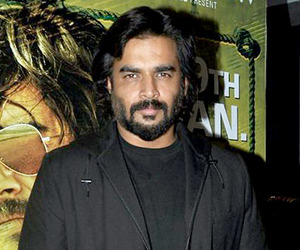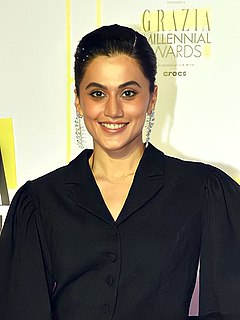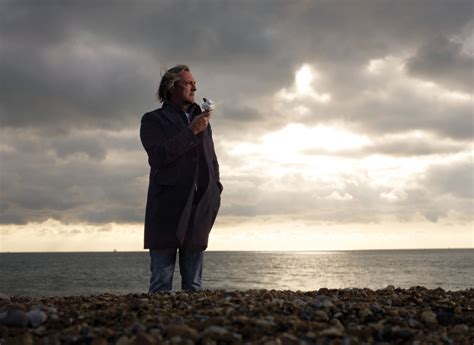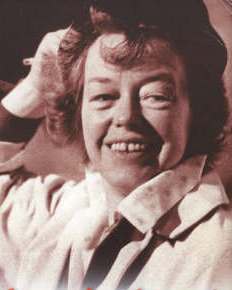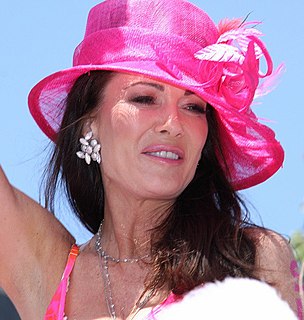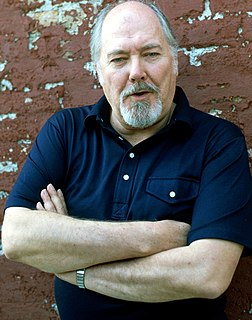A Quote by R. Madhavan
When I do a film, I try and see how in tune I am with the director.
Related Quotes
Me and Kirby are very collaborative and it changes from film to film. The first project we worked on together, Derrida, we co-directed. The last film Outrage, I was the producer and he was the director. This film was much more of a collaboration - he is the director and I am the producer - but this is a film by both of us.
Choose what you want to do – or watch someone else doing it. Learn how to handle tools, paint, babies, machinery, or just listen to your favourite tune. Dance, talk or be lifted up to where you can see how other people make things work. Sit out over space with a drink and tune in to what's happening elsewhere in the city. Try starting a riot or beginning a painting – or just lie back and stare at the sky.
Every film you work on is different, and that's part of what it's like for anybody who works on a film, is to learn how to work with others. Learn from top to bottom. Actors have to learn how to work with the director and the director has to learn how to work with actors, and that's not just those two departments.
It does not feel any different being directed by a first-timer as long as I am convinced that the director is passionate about the film he or she is making. If you get a sense of their vision for the film and their aesthetics of your performance, then it does not matter whether you work with a new or an experienced director.
Film’s thought of as a director’s medium because the director creates the end product that appears on the screen. It’s that stupid auteur theory again, that the director is the author of the film. But what does the director shoot-the telephone book? Writers became much more important when sound came in, but they’ve had to put up a valiant fight to get the credit they deserve.
